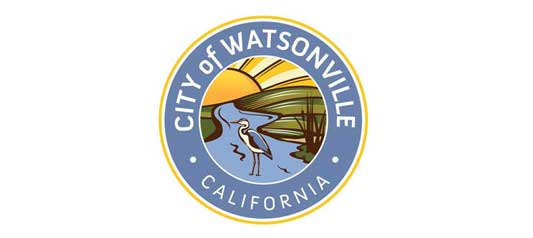WATSONVILLE—The Watsonville City Council on Tuesday night approved a slew of changes to the city’s cannabis rules.
Along with allowing three dispensaries within city limits and quadrupling the maximum square footage for cultivation, the council also implemented a so-called equity program and created a pre-application process that aims to give small, local and minority business owners a fighting chance against large cannabis conglomerates.
The equity program will set aside one license in each field—cultivation, manufacturing, testing, store-front retail, distribution and processing—for applicants who best meet a long list of criteria. On that list: people that have been negatively impacted by cannabis criminalization, attended a Pajaro Valley Unified School District school for at least five years or are “economically disadvantaged.” It also includes women-owned businesses.
The pre-application process will allow prospective businesses to receive city approval without purchasing or renting a physical location. Accepted applicants would then have six months to secure a location and obtain the needed local and state permits.
The long-awaited changes passed 5-2. Mayor Rebecca Garcia and Councilmember Francisco “Paco” Estrada voted no. Both said the three dispensaries and 10 delivery licenses were too many for Watsonville, a city of roughly 55,000 people.
The council was expected to approve the changes in early March, but had to delay its decision because Councilmembers Ari Parker and Trina Coffman-Gomez added a trio of amendments to the original ordinance.
Parker championed the addition of the equity program—a program passed unanimously by the council in March 2019—and Coffman-Gomez called for 15% of all products on display at Watsonville dispensaries to be locally grown or manufactured.
Coffman-Gomez’s amendment was part of the ordinance passed Tuesday.
The number of indoor cultivators allowed in city limits will remain at six, but those growers can now expand their 5,000-square-foot footprints to 22,000 square feet.
The city added six manufacturing permits (15 total), seven non-storefront retail—also known as delivery—licenses (7 total), two processing permits (3 total) and another distribution permit (2 total). It will also allow an unlimited amount of testing licenses.
The three dispensaries will also be allowed to offer delivery.
Those dispensaries will only be allowed on the outskirts of the city in the industrial park, general industrial and visitor commercial zones. They will require a special use permit, which needs approval from the Planning Commission.
All indoor cultivation will also require special use permits.
The new ordinances will come back to the council for final approval on June 23. If approved, the application process would open 30 days later.













